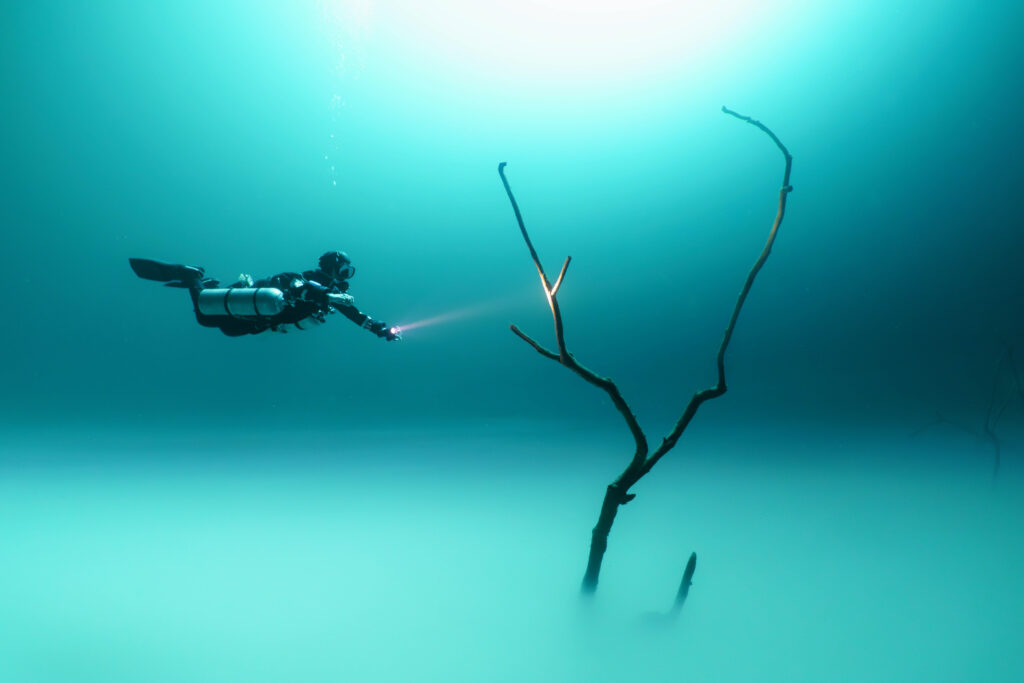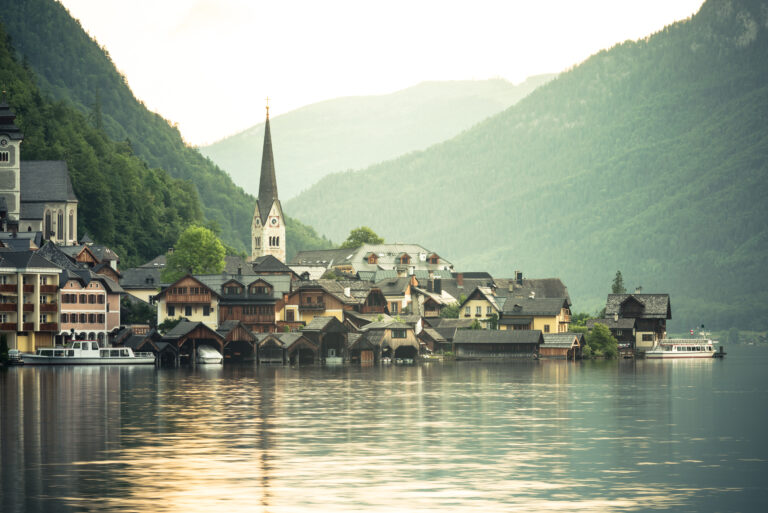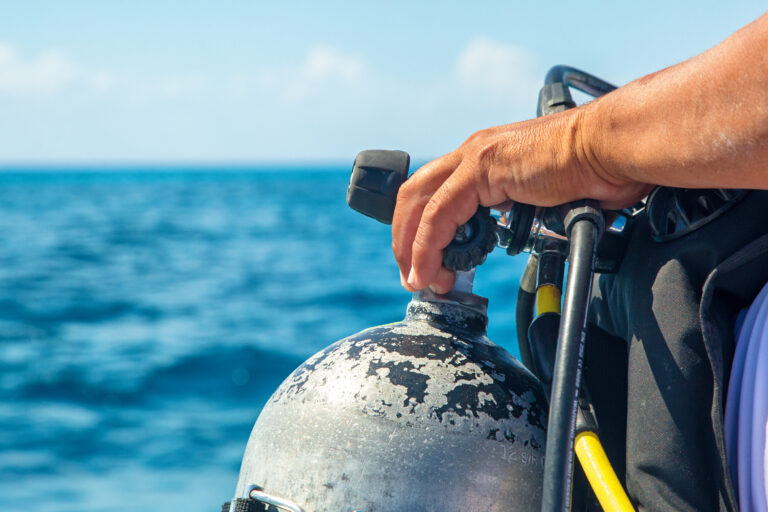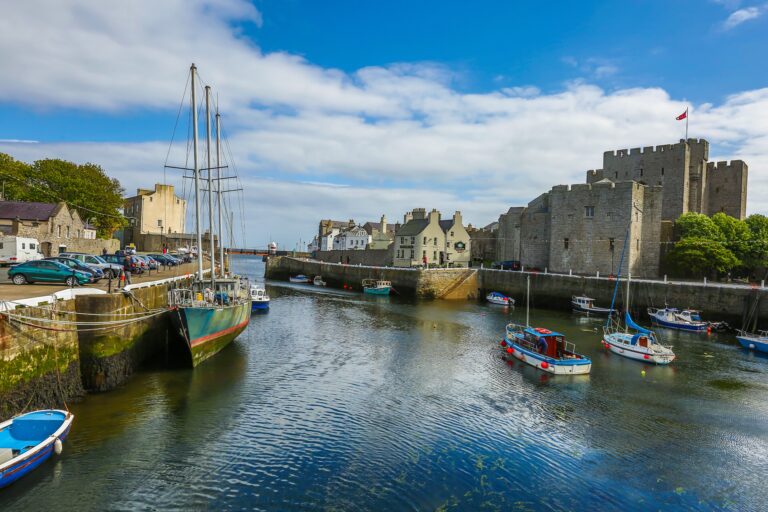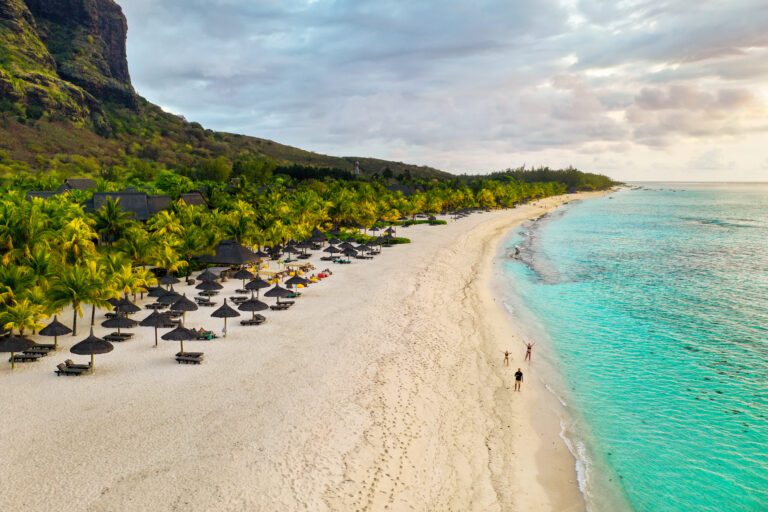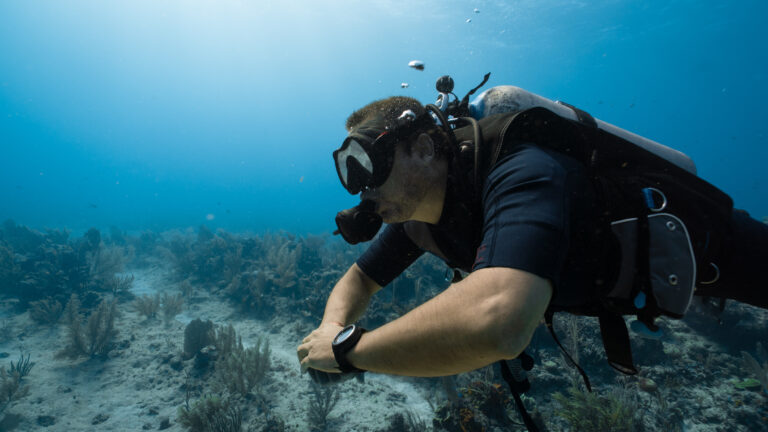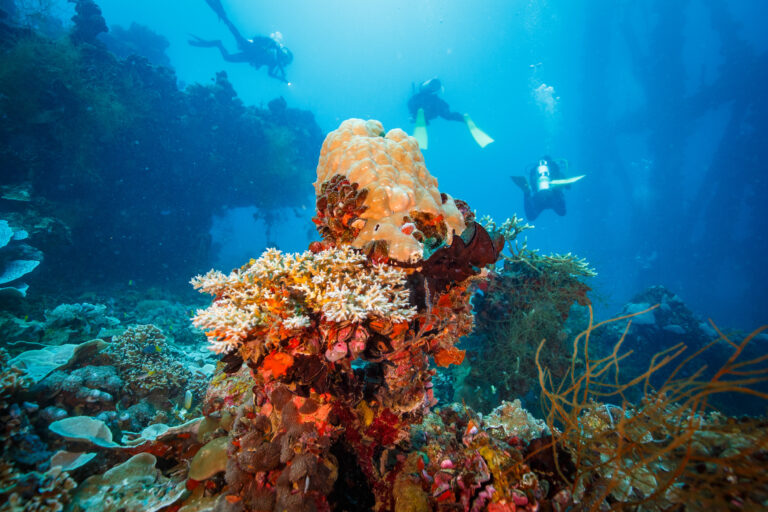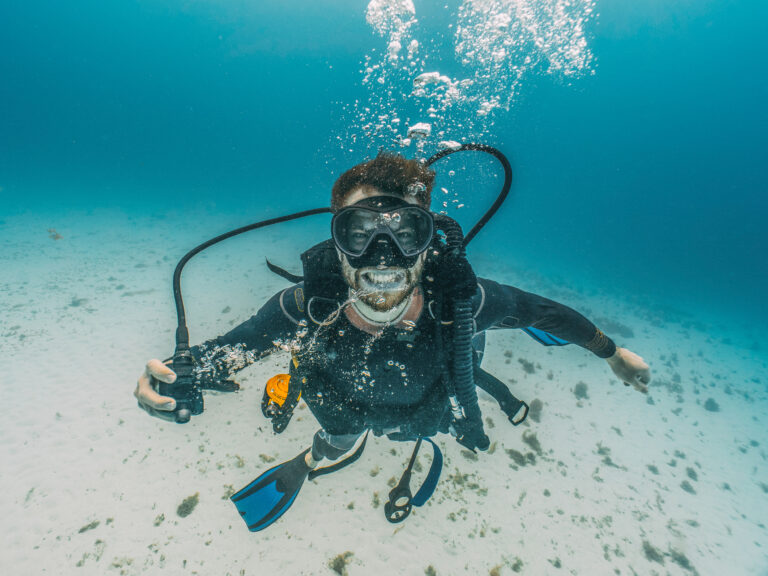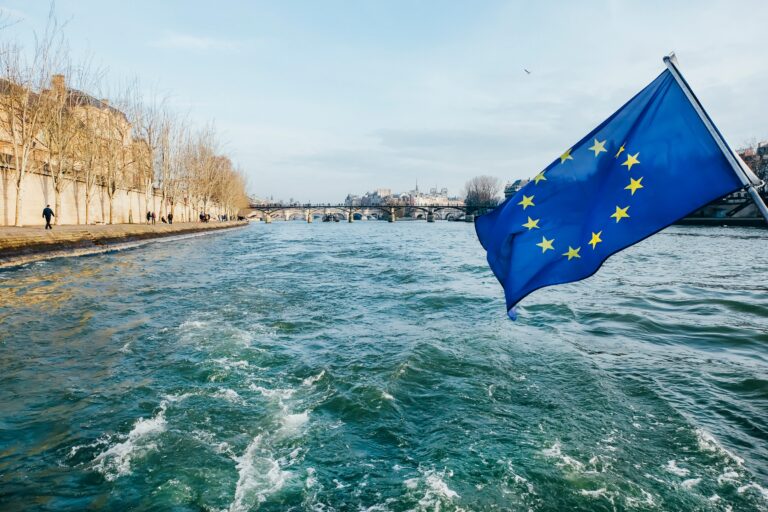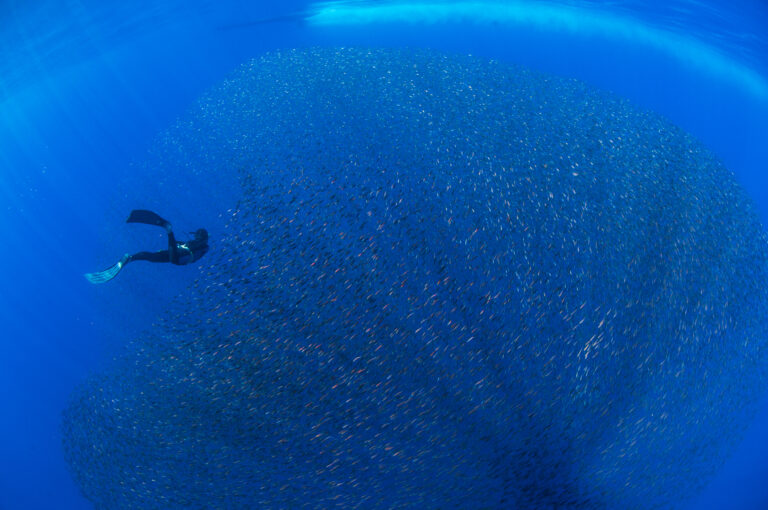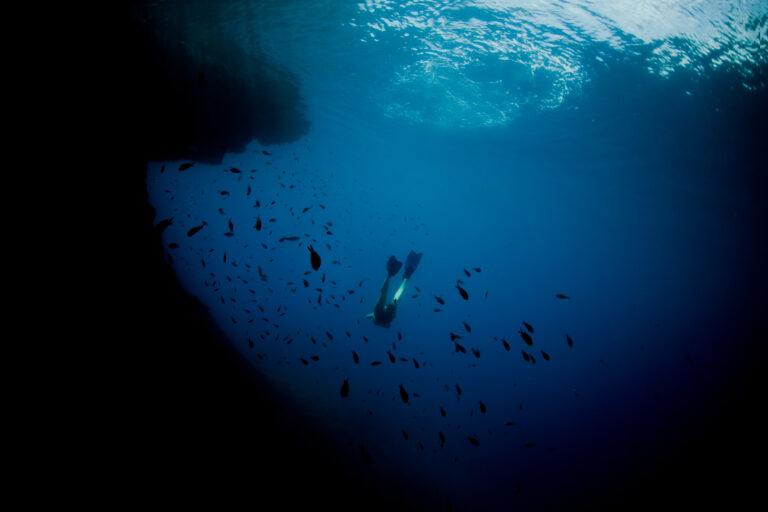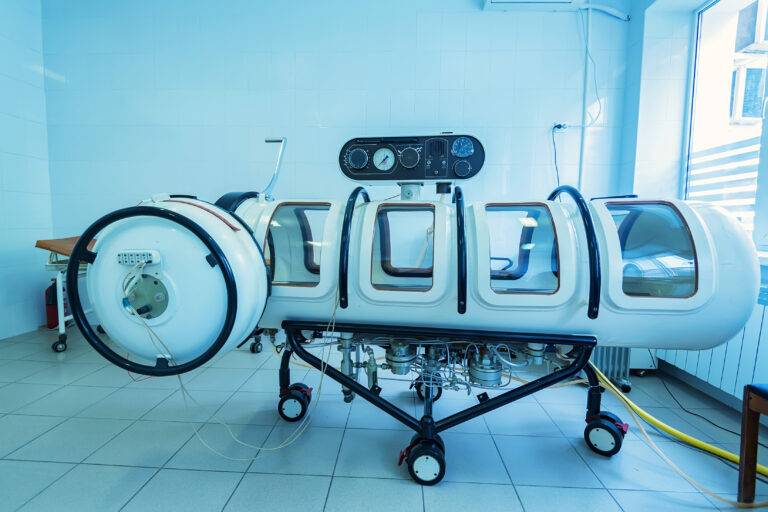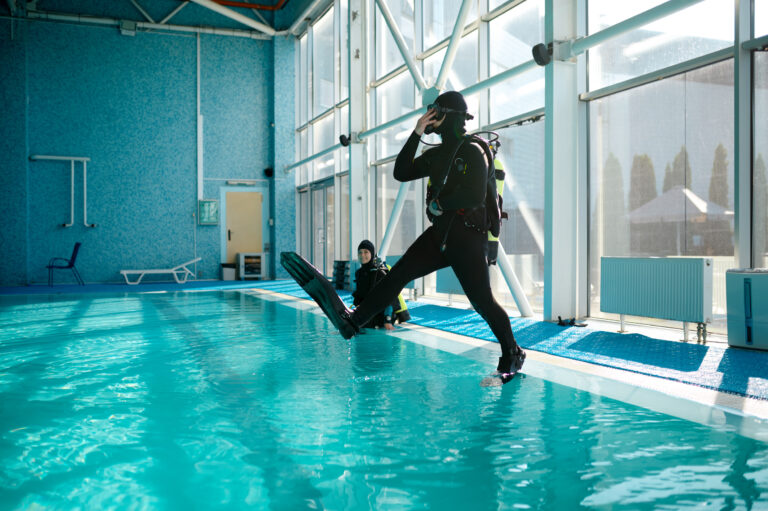SCUBA DIVERS’ TRAVEL GUIDE TO Croatia
Croatia is a stunning country that offers a variety of scuba diving experiences. Whether you are looking for wrecks, caves, reefs, or walls, you will find something to suit your taste and skill level. Croatia’s coastline is dotted with hundreds of islands, each with its own unique charm and history. You can explore ancient Roman ruins, medieval castles, and picturesque villages as you dive into the clear blue waters of the Adriatic Sea. Croatia is also home to some of the most diverse marine life in Europe, with over 7000 species of fish, corals, sponges, and mollusks. You can encounter dolphins, octopuses, seahorses, and even sharks as you discover the underwater wonders of this beautiful country. Croatia is a scuba diving paradise that will leave you breathless and wanting more.
LOCATION AND GEOGRAPHY
Croatia, a gem nestled on the Adriatic Sea, offers a unique scuba diving experience steeped in breathtaking geography. This European country boasts a diverse coastline that stretches over 1,800 kilometers, dotted with more than a thousand islands, islets, and reefs, creating a labyrinth of underwater exploration opportunities. The Dalmatian Coast, with its clear waters and rich marine life, is particularly renowned among divers. Here, the underwater topography is as varied as the cultural heritage above, featuring everything from gentle slopes to dramatic walls, mysterious caves, and sunken shipwrecks that whisper tales of the past. The Adriatic’s relatively calm and transparent waters provide excellent visibility, often extending up to 30 meters, allowing divers to fully immerse themselves in Croatia’s underwater mosaic of vibrant corals, sponges, and a myriad of fish species. With a Mediterranean climate, the diving season extends comfortably from May to November, making Croatia a must-visit destination for divers seeking an enchanting blend of natural beauty and historical intrigue beneath the waves.
VISA AND ENTRY REQUIREMENTS
Before embarking on your underwater adventure in Croatia, it is essential to ensure that your travel documents are in order. Citizens of the European Union, the United States, Canada, Australia, and many other countries can enter Croatia without a visa for stays of up to 90 days within a 180-day period for tourism purposes, including scuba diving. However, your passport must be valid for at least three months beyond your planned departure date from Croatia. Travelers from countries that do not have a visa exemption agreement with Croatia will need to apply for a visa in advance at a Croatian embassy or consulate. Always check the latest visa requirements and travel advisories from your home country’s foreign affairs department well in advance of your trip, as regulations can change. Additionally, Croatia is part of the European Travel Information and Authorization System (ETIAS), which will require visa-exempt non-EU travelers to obtain travel authorization before their trip starting from late 2023. Keep in mind that Croatia is also a candidate country for joining the Schengen Area, so future entry requirements may align with Schengen visa policies.
GETTING TO Croatia
Getting to Croatia for a scuba diving adventure is a journey that promises an array of underwater treasures. Nestled on the eastern shore of the Adriatic Sea, Croatia is accessible by various means of transportation. International travelers typically fly into the country’s main airports in Zagreb, Split, or Dubrovnik, where connecting flights, buses, or car rentals can then whisk them away to the picturesque coastal towns renowned for their diving spots. For those exploring Europe, driving to Croatia offers a scenic route, with well-maintained roads connecting it to neighboring countries. Alternatively, ferries from Italian ports provide a romantic approach across the Adriatic, delivering passengers directly to the coastal cities, where dive shops and charters await. Once in Croatia, the extensive coastline dotted with more than a thousand islands makes for an exciting starting point to explore the rich marine life, historic shipwrecks, and crystal-clear waters that this Mediterranean gem has to offer.
BEST TIME TO DIVE
The best time to scuba dive in Croatia is during the late spring to early autumn months, from May through October, when the Adriatic Sea is warmest and the underwater visibility is at its peak, often exceeding 30 meters. The summer months of July and August offer the most comfortable water temperatures, ranging from 22°C to 25°C (72°F to 77°F), making it ideal for divers to explore the rich marine life without the need for thick wetsuits. However, these months also coincide with the peak tourist season, so divers seeking a more tranquil experience might prefer the shoulder months of May, June, September, and October. During these times, the sea remains warm enough for enjoyable dives, and the reduced number of tourists results in a more serene diving atmosphere. Additionally, divers can take advantage of the off-peak season rates and less crowded dive sites, allowing for a more personal encounter with Croatia’s underwater treasures, including its stunning walls, reefs, and historic shipwrecks.
ACCOMMODATION OPTIONS
Croatia, with its stunning Adriatic coastline, offers a plethora of accommodation options catering to scuba divers of all preferences and budgets. From the sun-drenched islands to the historic coastal towns, divers can choose from a range of seaside resorts, boutique hotels, and private villas that often provide gear storage and rinse facilities. For a more immersive diving experience, liveaboard boats are available, allowing divers to wake up at different dive sites each day. Budget-conscious travelers can opt for hostels and guesthouses in close proximity to dive shops and marinas, ensuring easy access to daily dive excursions. Many accommodations are accustomed to the needs of divers, offering early breakfast options for those looking to make the most of the calm morning waters. With the clear blue sea never far away, Croatia’s accommodations ensure that divers can relax in comfort after a day exploring the underwater marvels of the Adriatic.
DIVE OPERATORS AND DIVE SHOPS
Croatia, with its crystal-clear Adriatic waters, is a scuba diver’s paradise, offering a rich tapestry of underwater experiences. Dive operators and shops in Croatia are plentiful, particularly along the coast and on the islands, providing services for divers of all levels, from beginners to seasoned professionals. These establishments are well-equipped to cater to the needs of the diving community, offering gear rentals, guided dive tours, and certification courses. Croatian dive shops often specialize in local dive experiences, such as wreck dives to sunken ships and planes, night dives, and excursions to underwater caves and reefs. Many operators are PADI or SSI certified, ensuring high safety standards and quality instruction. They are also stewards of the marine environment, often participating in conservation efforts. When selecting a dive operator, look for those with knowledgeable staff, a good safety record, and positive reviews from fellow divers. With their expertise, they will not only guide you to the most breathtaking underwater sites but also share insights into the local marine life and history, making your Croatian diving adventure truly unforgettable.
TRANSPORTATION WITHIN Croatia
In Croatia, transportation options to access the country’s prime scuba diving locations are both convenient and varied, catering to the needs of every traveler. The country’s extensive coastline is well-served by a network of ferries, particularly useful for reaching the myriad of islands like Vis and Hvar, where some of the best dive sites are found. For those looking to explore the underwater wonders along the mainland, such as the Istrian Peninsula or the Dalmatian Coast, renting a car provides the flexibility to travel at one’s own pace and access more secluded spots. Public buses connect major cities and towns, offering a cost-effective alternative, although they may not always reach the more remote dive sites. For a faster option, domestic flights can bridge the distance between Zagreb and coastal cities like Split or Dubrovnik swiftly. Regardless of the mode of transportation chosen, the journey is sure to be as scenic and enjoyable as the diving itself, with Croatia’s stunning landscapes providing a beautiful backdrop.
CURRENCY AND PAYMENT METHODS
When traveling to Croatia for a scuba diving adventure, it’s important to note that the official currency is the Croatian Kuna (HRK). While euros might be accepted in some tourist areas, it’s not the standard and relying on them could lead to unfavorable exchange rates. Credit cards are widely accepted, especially Visa and MasterCard, at dive shops, resorts, and restaurants in larger cities and tourist destinations. However, it’s advisable to carry some cash for smaller towns and remote dive sites where electronic payments may not be an option. ATMs are readily available, but always check with your bank about international withdrawal fees. It’s also a good idea to inform your bank of your travel plans to avoid any potential blocks on your cards. Remember to keep some coins handy for parking at dive sites or paying for amenities like public restrooms. Always ensure you have a means of waterproofing your cash and cards when on the boat or near the water.
LANGUAGE AND COMMUNICATION
When diving in the crystal-clear waters of Croatia, it’s important to familiarize yourself with the local language and communication customs to enhance your experience both above and below the surface. Croatian is the official language, and while English is widely spoken in tourist areas and by many dive operators, learning a few basic Croatian phrases can go a long way in showing respect and facilitating interactions with local divers and residents. Underwater, divers universally rely on hand signals for communication, so ensure you’re well-versed in these gestures, which remain consistent regardless of language barriers. Additionally, dive briefings may be conducted in English or other major European languages, but it’s always wise to confirm this with your chosen dive center beforehand. Embracing the local communication style, whether it’s a friendly greeting on the boat or understanding dive instructions, will undoubtedly enrich your scuba diving adventure in Croatia’s breathtaking underwater realm.
LOCAL CULTURE AND ATTRACTIONS
Croatia, a gem nestled on the Adriatic Sea, offers a rich tapestry of cultural experiences that perfectly complement its underwater allure. After surfacing from the crystal-clear waters, scuba divers can immerse themselves in the local culture by exploring ancient Roman ruins, such as the Diocletian’s Palace in Split, or by wandering through the medieval walled city of Dubrovnik, a UNESCO World Heritage site famously known as the ‘Pearl of the Adriatic’. The Croatian coastline is dotted with charming fishing villages where traditional lifestyles are preserved, and visitors can savor the delights of fresh seafood and local wines. The vibrant folk traditions, including music and dance, come alive at numerous festivals throughout the year, offering a glimpse into the country’s rich heritage. Inland, the rolling hills and pristine lakes of national parks like Plitvice and Krka provide a serene counterpoint to the bustling coastal attractions, ensuring that Croatia’s beauty, both above and below the sea, captivates the hearts of travelers.
CULTURAL ETIQUETTE AND TIPS
When scuba diving in Croatia, it’s important to respect the local customs and maritime traditions that have been shaped by the country’s rich history and stunning Adriatic coastline. Croatian people are generally warm and welcoming to divers, but it’s courteous to greet them with a friendly “Dobar dan” (Good day) and to show appreciation for their local spots by not touching or taking marine life, as conservation is taken seriously. Be mindful of your environmental impact and adhere to the ‘leave no trace’ principle. It’s also customary to tip your dive guides and boat crew; around 10% of the cost of the dive is standard if you’re pleased with their service. When diving on historical wrecks, remember that these are protected sites, and removing artifacts is illegal and considered disrespectful to Croatian heritage. Lastly, enjoy the local cuisine and engage with the community during surface intervals – sharing stories over a plate of fresh seafood or a glass of local wine is a delightful way to immerse yourself in the Croatian way of life.
LOCAL LAWS AND REGULATIONS RELEVANT TO TOURISTS
When planning a scuba diving trip to Croatia, it is essential to familiarize yourself with the local laws and regulations to ensure a safe and lawful experience. Croatia requires all divers to be certified and to dive with a registered dive center or to obtain a permit if diving independently. Divers must carry their certification card and personal identification at all times. Additionally, diving within protected maritime zones, such as national parks, is regulated and often incurs additional fees or requires special permits. It is prohibited to remove any archaeological artifacts or to interact with marine life in a way that could cause harm or disrupt their natural habitat. Spearfishing is allowed but is subject to strict regulations, including the requirement of a license and adherence to specific areas and seasons. It is also important to respect no-dive zones, which are in place to protect historical wrecks and sensitive ecosystems. Failure to comply with these regulations can result in hefty fines or legal action, so it is advisable to consult with local dive operators for the most current information before embarking on your underwater adventures in Croatia.
SAFETY TIPS AND EMERGENCY CONTACTS
When diving in the stunning waters of Croatia, safety should be your utmost priority. Always dive within your certification limits and ensure that your equipment is well-maintained and appropriate for the local conditions. It’s crucial to be aware of the Adriatic Sea’s currents and to dive with a buddy or a reputable dive operator familiar with the area. Before embarking on your underwater adventure, acquaint yourself with the local emergency procedures and ensure that you have access to a functioning dive computer and a surface marker buoy. In case of an emergency, the national emergency number in Croatia is 112, which can be dialed for immediate assistance and will connect you to ambulance services, the coast guard, and other emergency responders. Additionally, it’s wise to know the location of the nearest hyperbaric chamber, which in Croatia can be found in the cities of Split and Rijeka, among others. Always carry your dive insurance information and ensure that it covers hyperbaric treatment. By following these safety tips and having emergency contacts readily available, you can enjoy Croatia’s underwater marvels with peace of mind.
HEALTH AND TRAVEL INSURANCE
Before embarking on your underwater adventure in the crystal-clear waters of Croatia, it is crucial to ensure that your health and travel insurance policies provide comprehensive coverage for scuba diving activities. Many standard insurance plans do not cover scuba diving or have specific limitations, so it’s important to purchase a specialized diving insurance policy or a travel insurance plan that includes scuba diving as a covered activity. Check that your policy covers hyperbaric treatment and medical evacuation, as access to decompression chambers and advanced medical facilities may be required in the event of a diving emergency. Additionally, given Croatia’s location within the European Union, European Health Insurance Card (EHIC) holders are entitled to state-provided healthcare at reduced costs or sometimes free. However, the EHIC is not a substitute for travel insurance and does not cover private healthcare or costs such as a return flight to your home country or lost/stolen property. Therefore, it’s advisable to have both an EHIC and a comprehensive travel insurance policy to fully enjoy the stunning underwater landscapes and historic wreck sites of Croatia with peace of mind.

